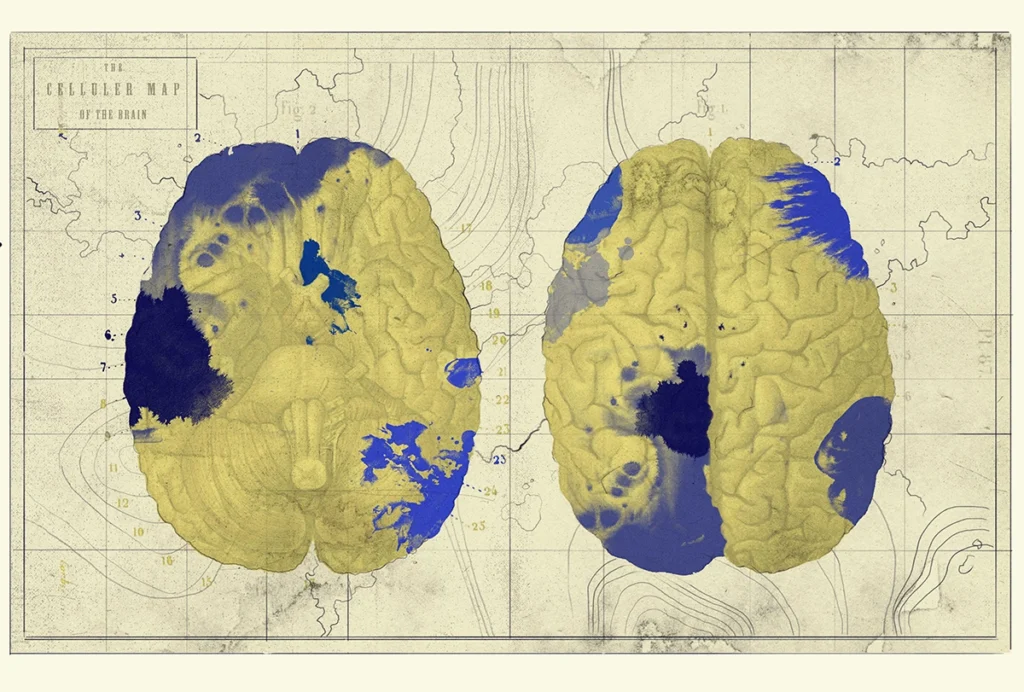Mike Hawrylycz joined the Allen Institute for Brain Science in Seattle, Washington, in 2003 as director of informatics and one of the institute’s first staff. His group is responsible for developing algorithms and computational approaches in the development of multimodal brain atlases, and in data analysis and annotation. Hawrylycz has worked in a variety of applied mathematics and computer science areas, addressing challenges in consumer and investment finance, electrical engineering and image processing, and computational biology and genomics. He received his Ph.D. in applied mathematics at the Massachusetts Institute of Technology and subsequently was a postdoctoral researcher at the Center for Nonlinear Studies at the Los Alamos National Laboratory in New Mexico.

Michael Hawrylycz
Investigator
Allen Institute for Brain Science
From this contributor
Knowledge graphs can help make sense of the flood of cell-type data
These tools, widely used in the technology industry, could provide a foundation for the study of brain circuits.

Knowledge graphs can help make sense of the flood of cell-type data
Explore more from The Transmitter
New connectomes fly beyond the brain
Researchers are mapping the neurons in Drosophila’s ventral nerve cord, where the central nervous system meets the rest of the body.

New connectomes fly beyond the brain
Researchers are mapping the neurons in Drosophila’s ventral nerve cord, where the central nervous system meets the rest of the body.
Building an autism research registry: Q&A with Tony Charman
A purpose-built database of participants who have shared genomic and behavioral data could give clinical trials a boost, Charman says.

Building an autism research registry: Q&A with Tony Charman
A purpose-built database of participants who have shared genomic and behavioral data could give clinical trials a boost, Charman says.
Cerebellar circuit may convert expected pain relief into real thing
The newly identified circuit taps into the brain’s opioid system to provide a top-down form of pain relief.

Cerebellar circuit may convert expected pain relief into real thing
The newly identified circuit taps into the brain’s opioid system to provide a top-down form of pain relief.